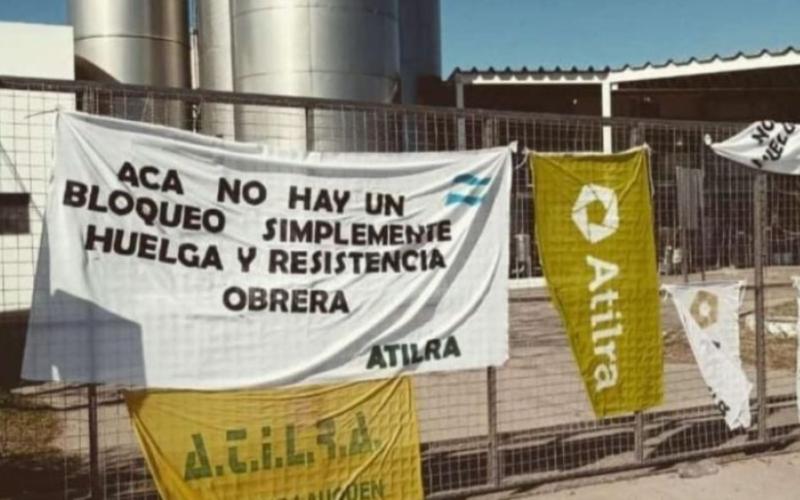Lácteos Vidal Faces Legal Hurdles Over Employee Dismissals
Sourse: es.edairynews.com
Lácteos Vidal, a small dairy business in Argentina, faces legal challenges in dismissing employees who blocked their plant in 2022, citing judicial barriers and questioning the protection laws after a prolonged industrial dispute.

The family-owned Lácteos Vidal, based in Carlos Casares, Buenos Aires, claims that legal system constraints have prevented them from terminating the employment of two workers who participated in a plant blockade in 2022. These workers, allegedly shielded by union protection laws, have continued to receive salaries without performing their duties.
The company's owner, Alejandra Bada Vázquez, highlighted the deepening conflict as one employee, Marcelo Yedro, earned a six-year union immunity in 2025, despite ongoing legal issues related to the plant blockade. This blockade initially aimed at securing salary reclassifications occurred in two of their plants in 2022. In efforts to manage the situation, Lácteos Vidal terminated 26 employees, yet two remain protected by judicial orders.
Efforts to remove this protection have failed, leaving the company to shoulder full wages and benefits for these non-working individuals. The situation underscores the challenges small dairy enterprises face balancing employment rights with financial and operational stability, particularly under prolonged legal and labor disputes. It taps into the broader discourse on reconciling labor rights with business security in the dairy sector, a critical conversation for the sustainability of small and medium-sized enterprises.
The company's owner, Alejandra Bada Vázquez, highlighted the deepening conflict as one employee, Marcelo Yedro, earned a six-year union immunity in 2025, despite ongoing legal issues related to the plant blockade. This blockade initially aimed at securing salary reclassifications occurred in two of their plants in 2022. In efforts to manage the situation, Lácteos Vidal terminated 26 employees, yet two remain protected by judicial orders.
Efforts to remove this protection have failed, leaving the company to shoulder full wages and benefits for these non-working individuals. The situation underscores the challenges small dairy enterprises face balancing employment rights with financial and operational stability, particularly under prolonged legal and labor disputes. It taps into the broader discourse on reconciling labor rights with business security in the dairy sector, a critical conversation for the sustainability of small and medium-sized enterprises.
Key News of the Week










